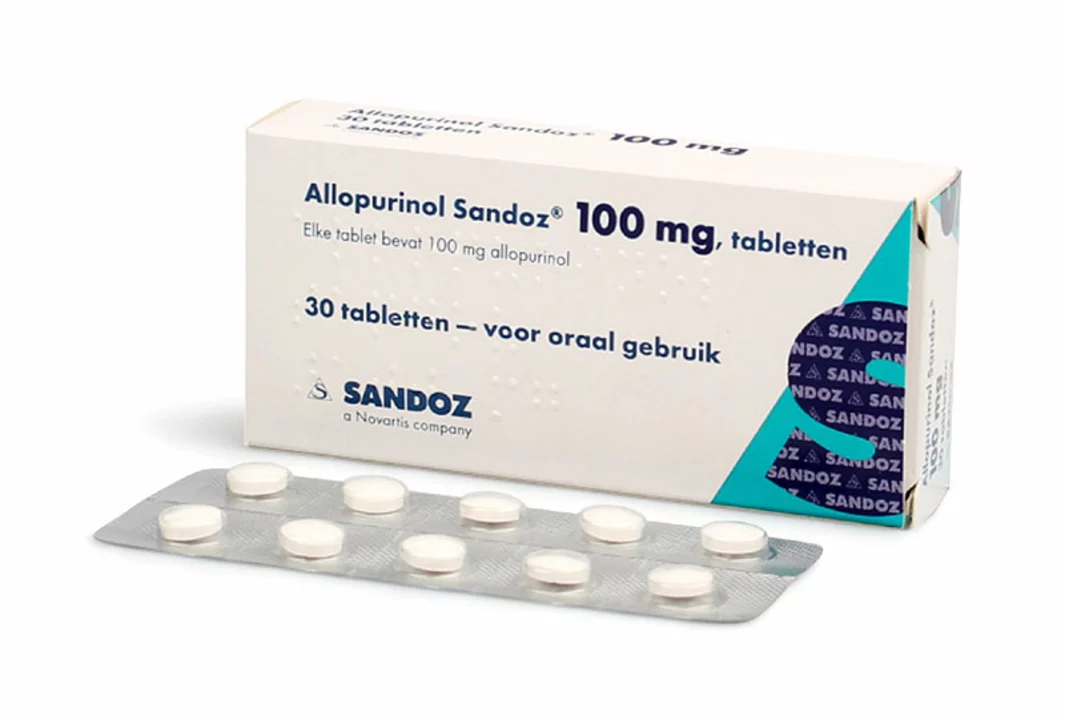Clarithromycin: Uses, Dosing, Side Effects, and Safe Buying Tips
Clarithromycin is a macrolide antibiotic used to treat respiratory infections, some skin infections, and as part of H. pylori eradication. It works by stopping bacteria from making proteins they need to grow. Doctors commonly prescribe it for bronchitis, pneumonia, sinusitis, pertussis, and certain atypical mycobacterial infections.
Typical adult dosing is 250–500 mg twice daily for most infections. For H. pylori treatment you might see 500 mg twice daily as part of a combination. Children and people with liver or kidney problems need adjusted dosing, so follow your prescriber's instructions and finish the full course even if you feel better.
What to expect and key risks
Common side effects include nausea, diarrhea, stomach pain, and altered taste. Less common but serious problems are liver enzyme changes, allergic reactions, and QT prolongation that can affect heart rhythm. If you notice rapid heartbeat, fainting, severe rash, or yellowing skin, stop the drug and seek medical care.
Clarithromycin interacts with many medicines. It can raise blood levels of statins (like simvastatin), certain antiarrhythmics, warfarin, and some benzodiazepines. Combining clarithromycin with other QT‑prolonging drugs increases heart risk. Tell your doctor about all prescriptions, over‑the‑counter meds, supplements, and herbal products you take.
If you buy clarithromycin online, be careful. Use pharmacies that require a prescription, list a physical address, and show a licensed pharmacist. Look for secure (https) checkout, clear contact info, and real customer reviews. Avoid sites pushing large discounts without asking for a prescription — fake or low‑quality antibiotics can fail to cure infections and cause harm.
Managing side effects is often straightforward: take clarithromycin with food if it upsets your stomach, stay hydrated, and use simple anti‑nausea measures like crackers or ginger. For diarrhea, watch for severe or bloody stools — that can signal C. difficile and needs urgent care. Doctors may monitor mild liver enzyme rises and stop the drug if levels climb high.
Storage and handling
Keep clarithromycin at room temperature away from moisture and heat. Store it in the original container and keep out of reach of children. Do not use after the expiry date; dispose according to pharmacy guidelines.
When to contact your doctor
If fever persists, breathing worsens, or you develop signs of liver trouble or allergic reaction, seek care promptly. Keep a list of symptoms and medications for appointments.
Clarithromycin for Children: Dosage, Safety, and Efficacy
As a parent, I know how important it is to make sure our children are receiving the most effective and safe treatments when they're unwell. Recently, I came across information about Clarithromycin, an antibiotic commonly prescribed for children. It's essential to give the correct dosage, which is usually based on the child's weight, to ensure both safety and efficacy. From what I've gathered, Clarithromycin has been proven to be a safe and effective treatment option for various bacterial infections in children. However, it's always important to consult with your pediatrician before administering any medication to your child.
Read More
